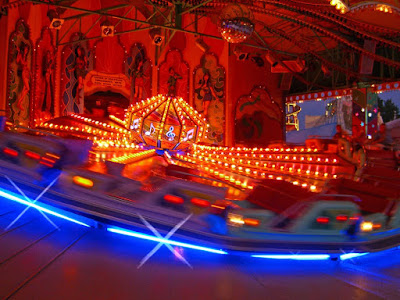Will you be using LED fluorescent lights? Compact Fluorescent Lights (CFLs) along with more traditional fluorescent lamps are now being aggressively marketed as environmentally friendly due to their reduced electricity consumption.
Indeed, widespread replacement of incandescent bulbs with CFLs will greatly reduce electricity demand; however, there are safety issues that ultimately contribute to making LED tube lights the superior choice.
Understanding fluorescent lighting risks can help ensure that fluorescent light bulbs are used and disposed of safely while explaining why LED fluorescent light is the safest and most eco-friendly lighting choice in the long run.
Mercury
The most commonly cited fluorescent lighting hazard is mercury. Fluorescent and CFL bulbs contain a small amount of mercury and are identified with the elemental symbol Hg.
When these bulbs are cold, some of the
mercury in the lamp is in liquid form, but while the lamp is operating or when
the lamp is hot, most of the mercury is in a gaseous or vapor form.
Disposed of improperly, mercury can contaminate buildings, landfills, lakes, animals, fish, birds, humans, crops and rivers. In the US, the EPA has ordered waste handlers to treat fluorescent lamps as hazardous waste.
Disposed of improperly, mercury can contaminate buildings, landfills, lakes, animals, fish, birds, humans, crops and rivers. In the US, the EPA has ordered waste handlers to treat fluorescent lamps as hazardous waste.
With such a classification, fluorescent lamps are not to be sent to
landfills, but instead are to be sent to recycling centers that break the lamps
under special conditions and safely recover the mercury.
Up to 95 percent of the mercury contained in CFLs can be recovered if the bulbs are recycled properly.
The Dimmers
To use a CFL on a dimmer switch, you must buy a bulb that's specifically made to work with dimmers (check the package). GE makes a dimming compact fluorescent light bulb (called the Energy Smart Dimming Spirals) that is specially designed for use with dimming switches.
Up to 95 percent of the mercury contained in CFLs can be recovered if the bulbs are recycled properly.
The Dimmers
To use a CFL on a dimmer switch, you must buy a bulb that's specifically made to work with dimmers (check the package). GE makes a dimming compact fluorescent light bulb (called the Energy Smart Dimming Spirals) that is specially designed for use with dimming switches.
I don't recommend using
regular compact fluorescent bulbs with dimming switches, since this can shorten
bulb life. Using a regular compact fluorescent bulb with a dimmer will also
nullify the bulb's warranty.
Ultraviolet Light
A long-term hazard from fluorescent lighting is the shorter-wave ultraviolet (UV) light that escapes the lamp. No matter how well crafted, some short-wave ultraviolet light escapes from every fluorescent lamp made.
Ultraviolet Light
A long-term hazard from fluorescent lighting is the shorter-wave ultraviolet (UV) light that escapes the lamp. No matter how well crafted, some short-wave ultraviolet light escapes from every fluorescent lamp made.
Short-wave UV light is one of the damaging components of the suns rays
that reach the surface of the Earth, which can directly damage organic tissue
and trigger cancers. Short-wave UV light can also age or damage paper, fabrics
and other materials.
Flicker Effect
Flicker and glare from fluorescent lights can also cause headaches and have been found to impact learning and ability to concentrate. Although humans cannot see fluorescent lights flicker, the sensory system in some individuals can somehow detect the flicker.
Flicker Effect
Flicker and glare from fluorescent lights can also cause headaches and have been found to impact learning and ability to concentrate. Although humans cannot see fluorescent lights flicker, the sensory system in some individuals can somehow detect the flicker.
Ever since fluorescent
lighting was introduced in workplaces, there have been complaints about
headaches, eye strain and general eye discomfort.
These complaints have been
associated with the light flicker from fluorescent lights. When compared to
regular fluorescent lights with magnetic ballasts, the use of high frequency
electronic ballasts fluorescent lights resulted in more than a 50% drop in
complaints of eye strain and headaches.
As you can see, LED tube lights seem to be the more eco-friendly lighting and safer choice preferred by many people.
For more information on Ai LED Fluorescent Tubes, pls visit Ai LED tube lights
As you can see, LED tube lights seem to be the more eco-friendly lighting and safer choice preferred by many people.
For more information on Ai LED Fluorescent Tubes, pls visit Ai LED tube lights

No comments :
Post a Comment